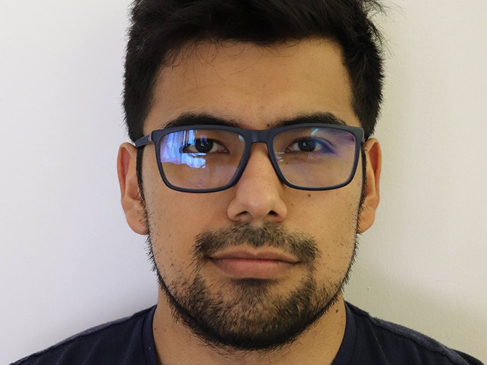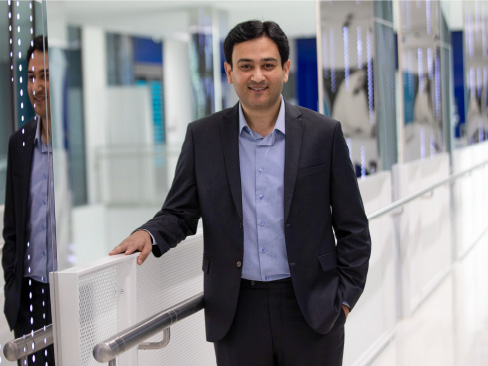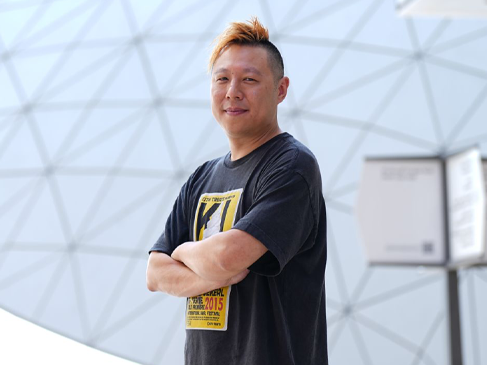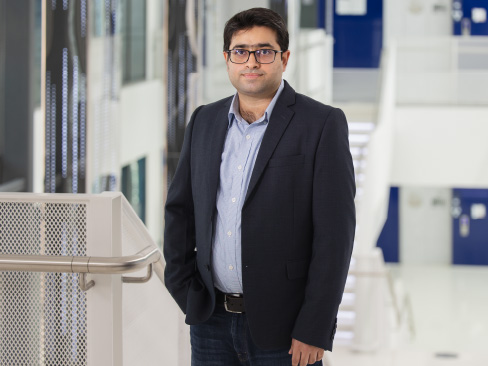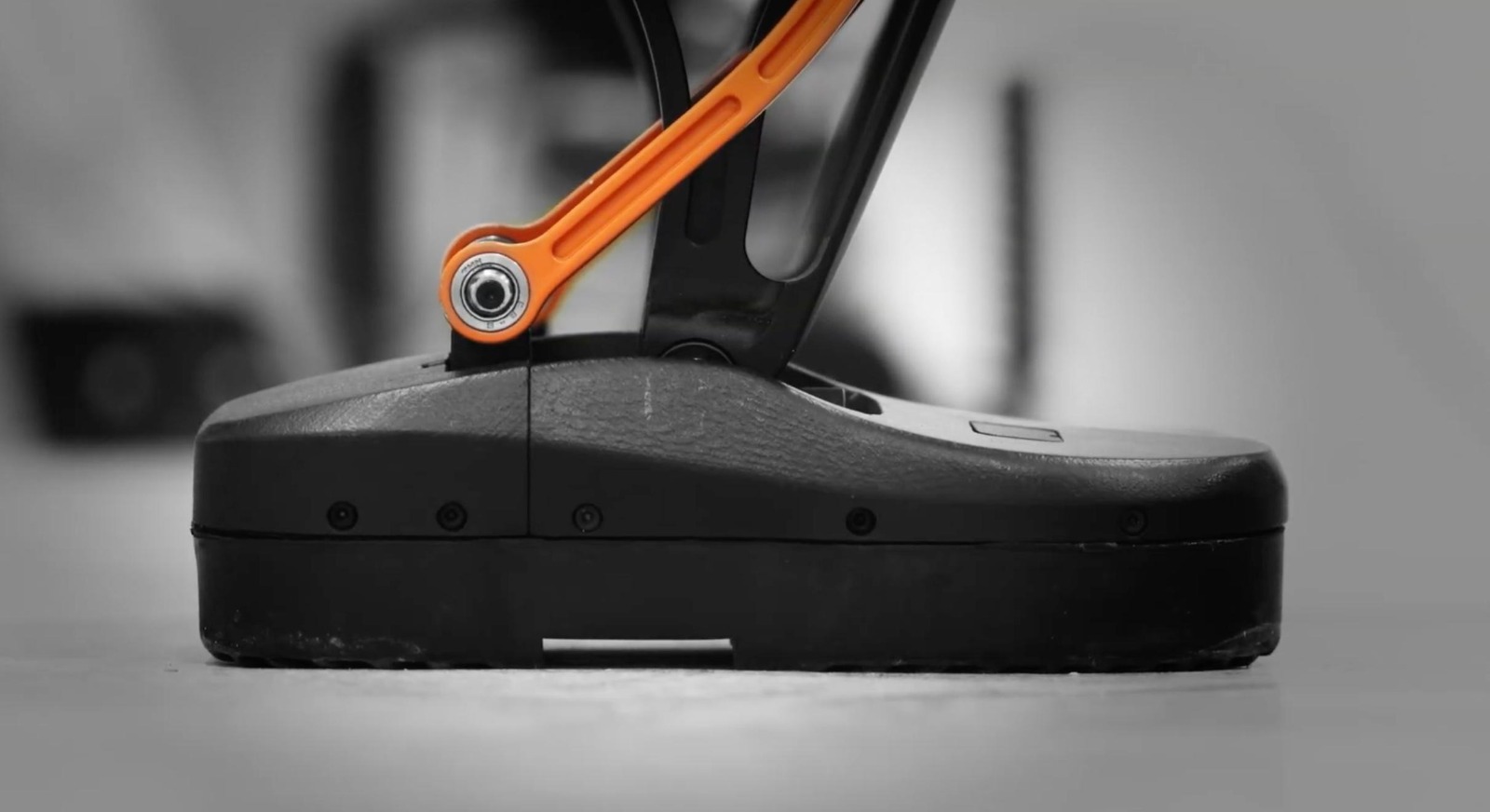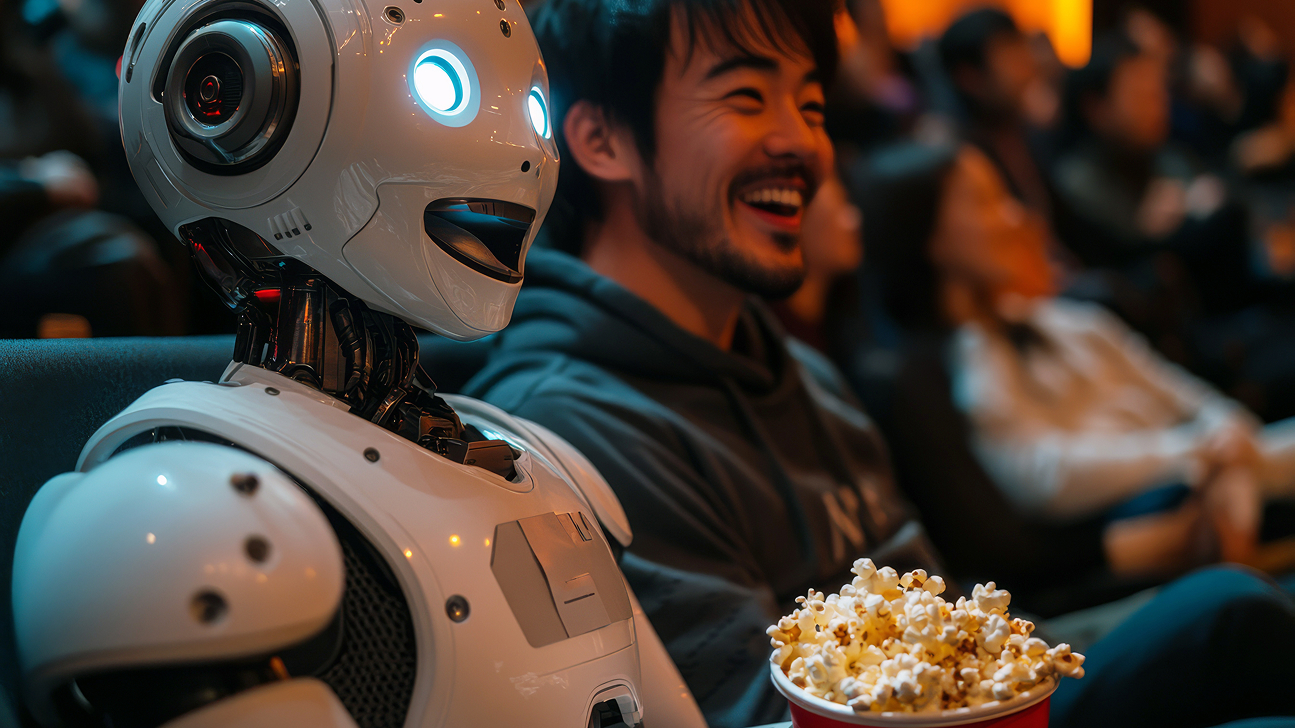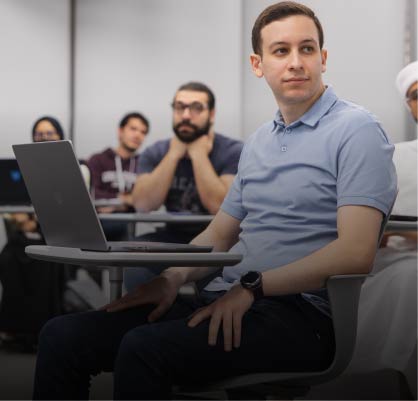Computer Vision Research
Computer vision researchers working at MBZUAI focus on teaching computers to interpret and understand visual information, enabling tasks like image recognition, object detection, and video analysis.
MBZUAI researchers develop visual and vision-language AI models, focusing on robotic vision, generative media, multi-sensor fusion, and trustworthy AI.
Our students, supervised by our world-class faculty, get unique hands-on experience by developing and evaluating real-world applications in augmented and virtual reality, autonomous cars, service robots, biometrics and forensics, remote sensing, and smart cities.
The University offers Ph.D. and M.Sc. degrees in computer vision with advanced courses and outcomes.</p
Faculty members
Research Centers
Center for Integrative Artificial Intelligence (CIAI)
Related
MBZUAI and Minerva Humanoids announce strategic research partnership to advance humanoid robotics for applications in the energy sector
The partnership will facilitate the development of next-generation humanoid robotics tailored for safety-critical industrial operations.
Read MoreAI and the silver screen: how cinema has imagined intelligent machines
Movies have given audiences countless visions of how artificial intelligence might affect our lives. Here are some.....
Read MoreSpecial delivery: a new, realistic measure of vehicle routing algorithms
A new benchmark by researchers at MBZUAI simulates the unpredictable nature of delivery in cities, helping logistics.....
Read More

